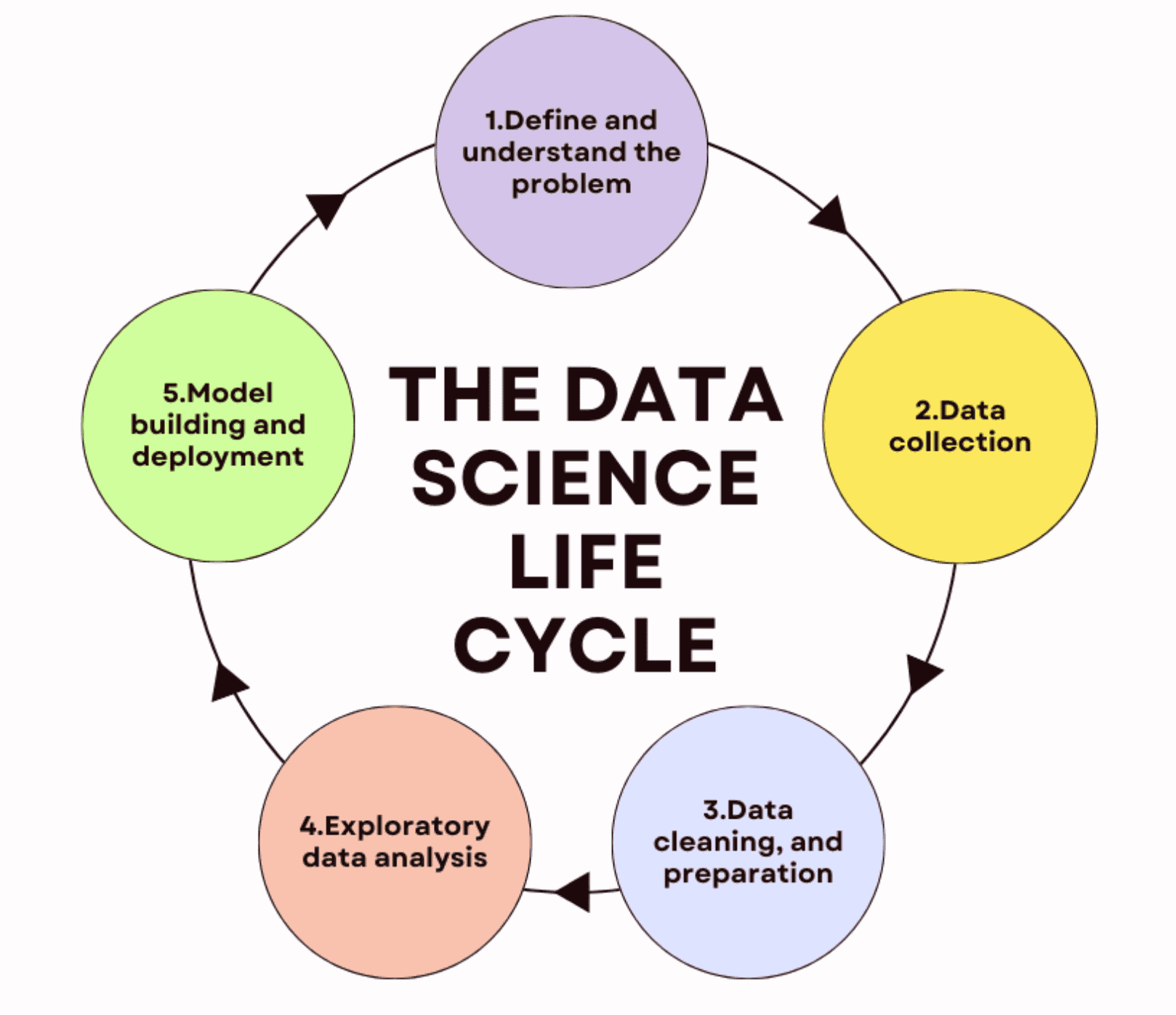What is MLOps
MLOps, or Machine Learning Operations, is a practice focused on the operational aspects of deploying and managing machine learning models in production environments. This includes tasks such as model training, model deployment, monitoring, and updating.
What is DataOps
DataOps, or Data Operations, is a practice focused on the operational aspects of managing and processing data in a data-driven organization. This includes tasks such as data integration, data quality, data governance, and data analytics.
Difference between MLOps and DataOps
MLOps and DataOps are similar in that they both focus on the operational aspects of data and machine learning, but they have different focuses and goals. MLOps specifically focuses on deploying and managing machine learning models, while DataOps focuses on managing and processing data. Additionally, MLOps often involves collaboration between data scientists and IT operations teams, while DataOps typically involves collaboration between data engineers and IT operations teams.
Some features that may be missing from an MLOps platform to allow data scientists to use it for data-centric AI include:
Data integration and preparation capabilities:
Data scientists need tools that allow them to easily integrate and prepare data for machine learning. This may include features such as data cleansing, data transformation, and data visualization.
Model training and evaluation tools:
Data scientists need tools that allow them to easily train and evaluate machine learning models. This may include features such as hyperparameter tuning, model selection, and performance metrics.
Model deployment and management tools:
Data scientists need tools that allow them to easily deploy and manage machine learning models in production environments. This may include features such as version control, model monitoring, and model updates.
Collaboration and communication tools:
Data scientists need tools that allow them to easily collaborate and communicate with other members of their team, as well as with IT operations teams. This may include features such as shared notebooks, project management, and messaging.
Security and compliance features:
Data scientists need tools that allow them to ensure that their data and models are secure and compliant with relevant regulations and standards. This may include features such as data encryption, access control, and audit logs.
data-centric AI and MLOps platform
An ideal platform for data scientists using MLOps for data-centric AI would have the following features:
- Data integration and preparation capabilities: The platform would provide a range of tools and
features that allow data scientists to easily integrate and prepare data for machine learning, such as data cleansing, transformation, and visualization.
- Model training and evaluation tools: The platform would provide a range of tools and features that
allow data scientists to easily train and evaluate machine learning models, such as hyperparameter tuning, model selection, and performance metrics.
- Model deployment and management tools: The platform would provide a range of tools and features that
allow data scientists to easily deploy and manage machine learning models in production environments, such as version control, model monitoring, and updates.
- Collaboration and communication tools: The platform would provide a range of tools and features that
allow data scientists to easily collaborate and communicate with other members of their team, as well as with IT operations teams, such as shared notebooks, project management, and messaging.
- Security and compliance features: The platform would provide a range of tools and features that
allow data scientists to ensure that their data and models are secure and compliant with relevant regulations and standards, such as data encryption, access control, and audit logs.
Additionally, the platform would be easy to use, scalable, and flexible to meet the changing needs of data scientists and their teams. It would also be able to integrate with a wide range of data sources and technologies.


